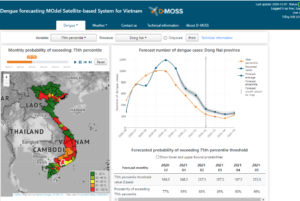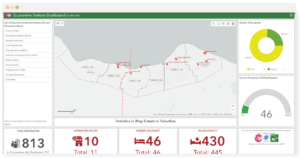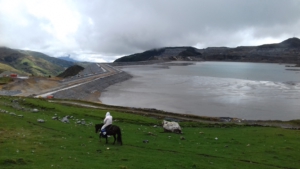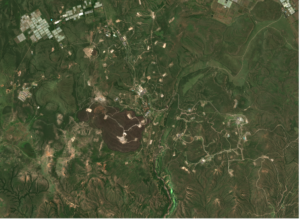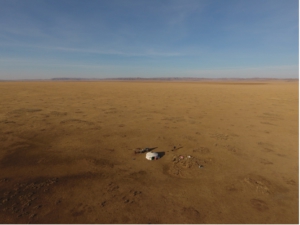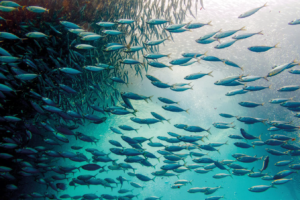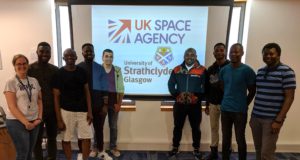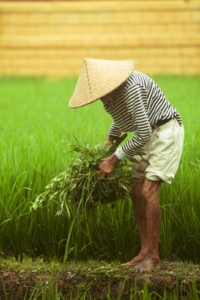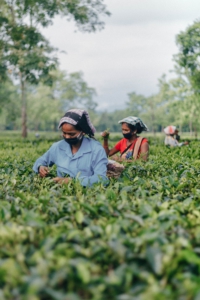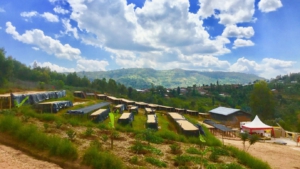Deprecated: Function get_page_by_title is deprecated since version 6.2.0! Use WP_Query instead. in
/opt/bitnami/apps/wordpress/htdocs/wp-includes/functions.php on line
6078
Deprecated: Function get_page_by_title is deprecated since version 6.2.0! Use WP_Query instead. in
/opt/bitnami/apps/wordpress/htdocs/wp-includes/functions.php on line
6078
You are here: Home1 / Blog
https://www.spacefordevelopment.org/wp-content/uploads/2021/09/Picture-2.png
690
1031
Caribou Space
https://www.spacefordevelopment.org/wp-content/uploads/2025/01/caribou-space-logo-with-type-white-no-background-300x90.png
Caribou Space2021-09-13 13:44:362021-09-14 08:46:32Space technology changes the landscape of dengue fever management
https://www.spacefordevelopment.org/wp-content/uploads/2021/06/Picture-1.png
468
886
Caribou Space
https://www.spacefordevelopment.org/wp-content/uploads/2025/01/caribou-space-logo-with-type-white-no-background-300x90.png
Caribou Space2021-06-17 12:10:582021-06-22 07:16:19Blog by UNOSAT. CommonSensing: From Covid-19 Recovery to Climate Resilience (IPP Project Blog)
https://www.spacefordevelopment.org/wp-content/uploads/2021/05/The-Cerro-Corona-Tailings-Dam-in-the-Peruvian-Andes-was-monitored-by-DAMSAT-credit-HR-Wallingford-scaled.jpg
1440
2560
Caribou Space
https://www.spacefordevelopment.org/wp-content/uploads/2025/01/caribou-space-logo-with-type-white-no-background-300x90.png
Caribou Space2021-05-18 06:23:412021-06-05 09:26:24Playing it Safe: A New Monitoring System for Tailings Dams can Prevent Disasters (IPP Project Blog)
https://www.spacefordevelopment.org/wp-content/uploads/2021/05/Picture-1.png
550
755
Caribou Space
https://www.spacefordevelopment.org/wp-content/uploads/2025/01/caribou-space-logo-with-type-white-no-background-300x90.png
Caribou Space2021-05-05 05:28:432021-08-18 09:38:28gEOthermalKenya: Space for Communities (IPP Project Blog)
https://www.spacefordevelopment.org/wp-content/uploads/2021/04/Picture-2.jpg
1038
1384
Caribou Space
https://www.spacefordevelopment.org/wp-content/uploads/2025/01/caribou-space-logo-with-type-white-no-background-300x90.png
Caribou Space2021-04-19 09:59:332021-06-05 09:33:14SIBELIUs – Providing Alerts for the Emergency Services in Mongolia (IPP Project Blog)
https://www.spacefordevelopment.org/wp-content/uploads/2020/12/Fish-1.png
902
1353
Caribou Space
https://www.spacefordevelopment.org/wp-content/uploads/2025/01/caribou-space-logo-with-type-white-no-background-300x90.png
Caribou Space2020-12-11 16:23:202021-06-05 09:34:37New White Paper Highlights New Technology’s Potential in Sustainable Fisheries
https://www.spacefordevelopment.org/wp-content/uploads/2020/12/MSc-Students-Photo-scaled.jpg
1363
2560
Connor McSharry, UK Space Agency
https://www.spacefordevelopment.org/wp-content/uploads/2025/01/caribou-space-logo-with-type-white-no-background-300x90.png
Connor McSharry, UK Space Agency2020-12-08 20:21:072021-06-05 09:35:09International Partnership Programme – Scholarships for Studying Space Science
https://www.spacefordevelopment.org/wp-content/uploads/2020/12/christoffer-zackrisson-WR8admHNt28-unsplash-scaled.jpg
2560
1706
Connor McSharry, UK Space Agency
https://www.spacefordevelopment.org/wp-content/uploads/2025/01/caribou-space-logo-with-type-white-no-background-300x90.png
Connor McSharry, UK Space Agency2020-12-08 20:10:412021-06-05 09:35:34Publication of IPP Project Case Studies
https://www.spacefordevelopment.org/wp-content/uploads/2020/11/nilotpal-kalita-pJHaHQJ0PPk-unsplash-scaled.jpg
2560
1707
David Taverner, Caribou Space
https://www.spacefordevelopment.org/wp-content/uploads/2025/01/caribou-space-logo-with-type-white-no-background-300x90.png
David Taverner, Caribou Space2020-11-16 09:17:082021-06-05 09:36:20UK Space Agency IPP’s Agri-Webinar
https://www.spacefordevelopment.org/wp-content/uploads/2020/11/SFBay-e1604320426331.jpg
775
1379
Niamh Barry, Caribou Space
https://www.spacefordevelopment.org/wp-content/uploads/2025/01/caribou-space-logo-with-type-white-no-background-300x90.png
Niamh Barry, Caribou Space2020-11-03 10:12:462021-06-05 09:36:49What Does Innovation Taste Like?
